Diving Into Controversy: The Explosive Water Park Documentary Taking Audiences By Storm

Mother Nature means business....

We, humans, tend to think we are almighty and that we have the world at our feet, but Mother Nature occasionally puts us where we belong.
The truth is that we are just passersby in the planet’s long history, and we think that we are more important than we really are. And nature never misses a chance to show us that.
Here are the 50 of the most interesting weather misfortunes shared in the “Well, That Sucks” Reddit group. Take a look. With the progressing climate changes, the chances are we will be seeing a lot more of these posts.
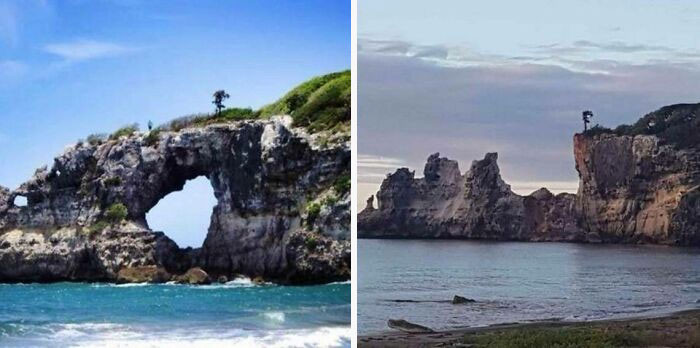 thenewyorkgod
thenewyorkgod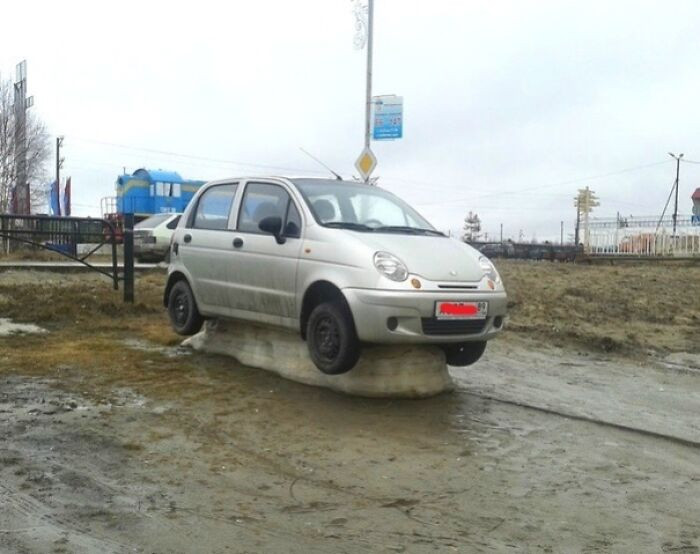 gldaim
gldaim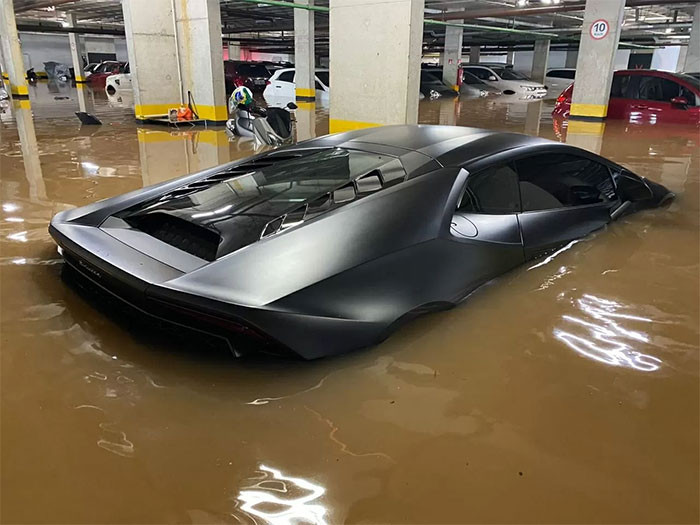 xXJamesScarXx
xXJamesScarXx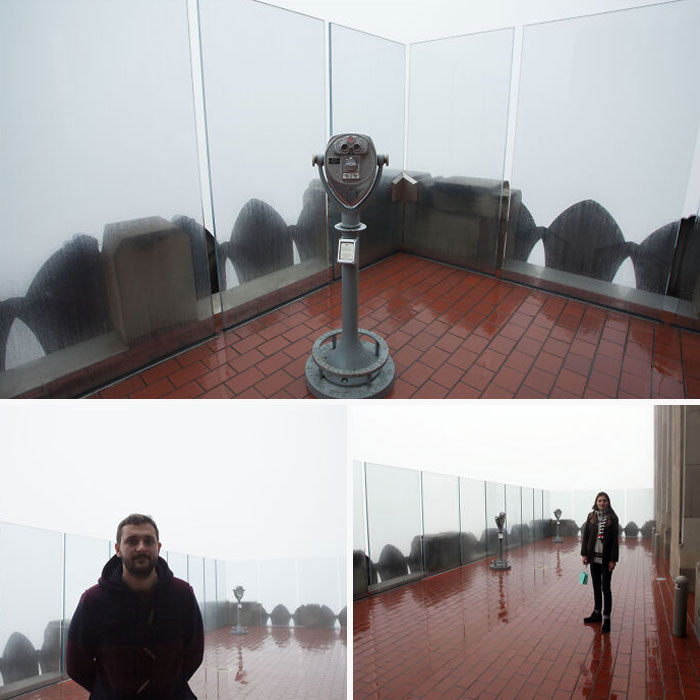 prestoff
prestoffTo get a better understanding of the weather, it's best to turn to experts. Rob Jones is a TV meteorologist and hurricane chaser. He also manages a TikTok channel where he regularly posts and explains interesting facts about climate anomalies.
Rob grew up in Florida, and the daily summertime thunderstorms and hurricane threats the region is prone got him interested in meteorology. "So it was only natural to attend the University of Miami (Hurricanes), study weather, and pursue a career in meteorology," he added.
Rob mentions Death Valley, California, or Antarctica as some of the most extreme weather regions. Still, generally, "people don't live in the places where the most extreme temperatures occur on earth," he said.
But, things are changing. "The temperature in places like the village of Lytton, British Columbia in Canada reached 49.6°C in June 2021 when the average high is closer to 25°C," he said and added that: "Some scientists have calculated that this is a one in 10,000-year heat event for that part of the world."
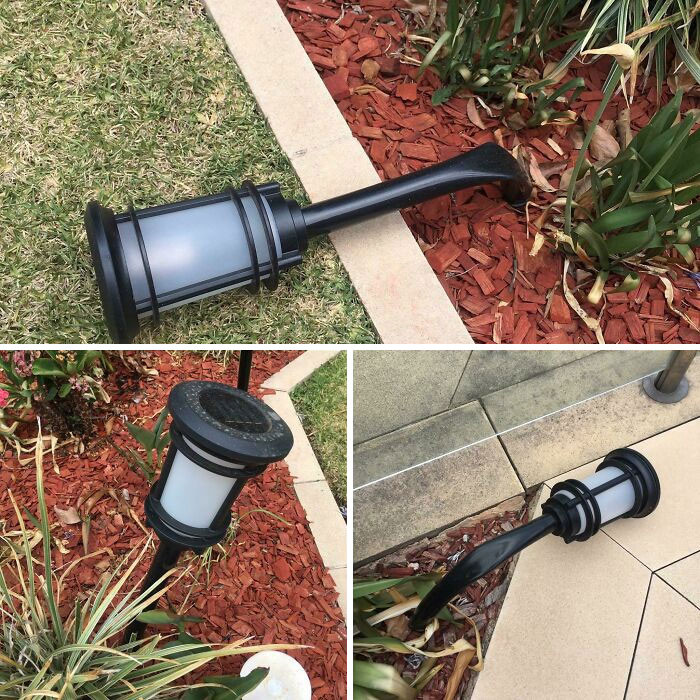 disnerdbeth
disnerdbeth GhostBDH
GhostBDHRob suggested that “a warming world may have been a factor in placing the right weather patterns in place to have such an extreme event in that location. Just think, Las Vegas, Nevada has never recorded a temperature that high!”
“When we talk about extreme weather, we think of hurricanes and tornadoes. The 2020 Atlantic Hurricane season was extremely active by a measure of the sheer number of storms but not the most active by other measures. There’s always more than one metric to look at when defining hurricanes since they are very complex beings.”
He continued: “The most intense land-falling hurricane of the season was Laura, which struck with 240 km/h winds. We tend to see more about this type of weather because of the incredible images. There were a total of 81 storm-related deaths from Laura, but imagine that the heatwave last month in British Columbia, Canada, probably had more fatalities with the Vancouver coroner indicating that there were more than 100 deaths suspected from the heat.”
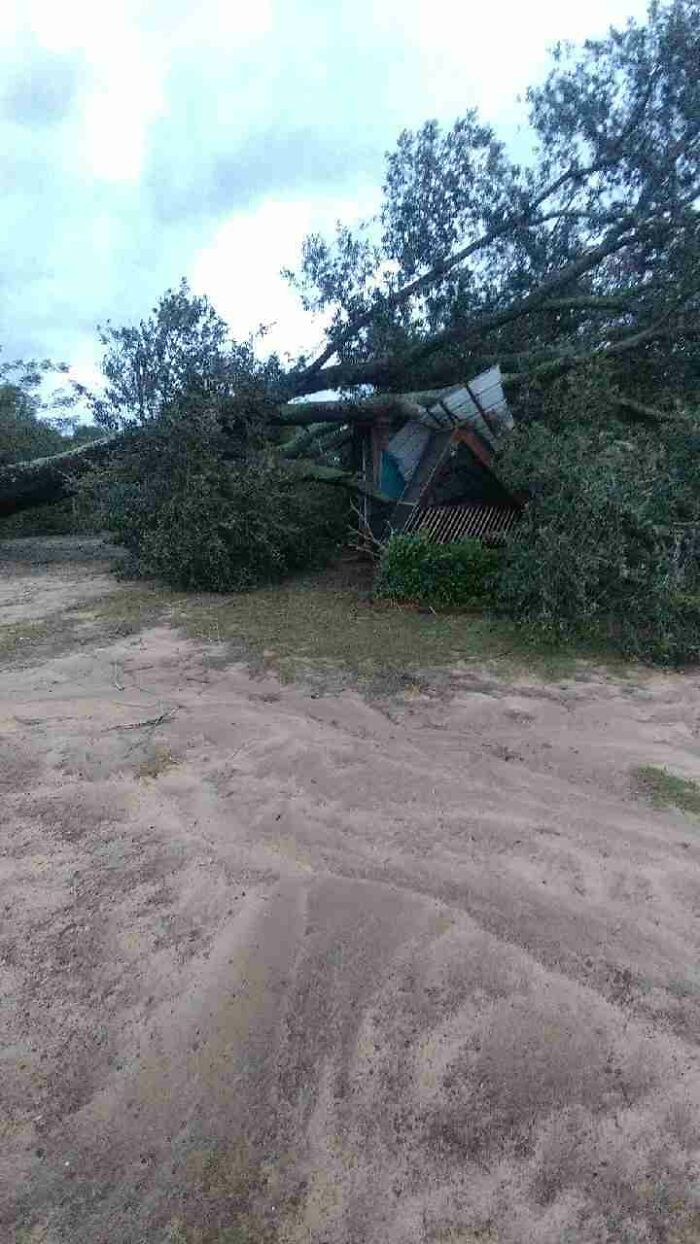 reddit.com
reddit.com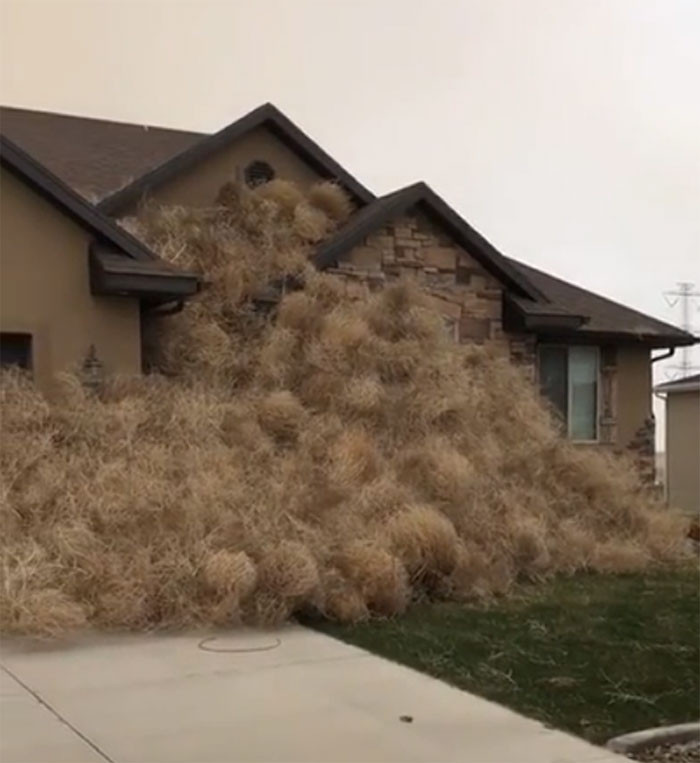 regian24
regian24But Rob says that we shouldn’t jump to conclusions. “First, let me start off by explaining that one single extreme weather event cannot be definitively linked to climate change. "
"Weather refers to short-term atmospheric conditions, while climate is the average of the weather over a long period of time, such as the climatological standard of 30 years.”
He added that “while it might be tempting to use an extreme weather event to highlight climate change, it is not scientifically good practice (or accurate) to do so.”
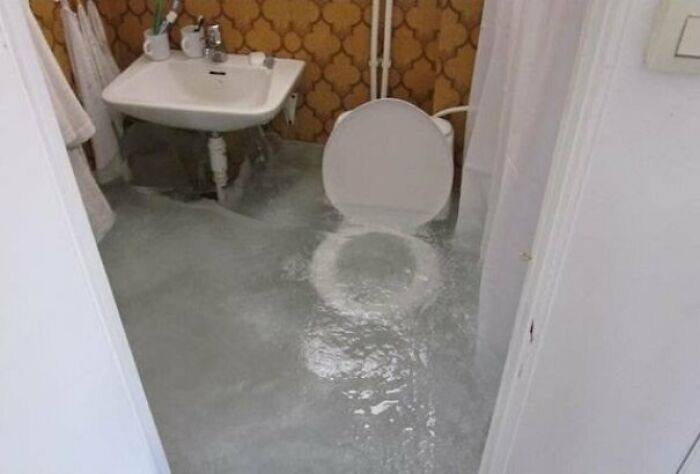 kentiiboyy
kentiiboyy KevlarYarmulke
KevlarYarmulke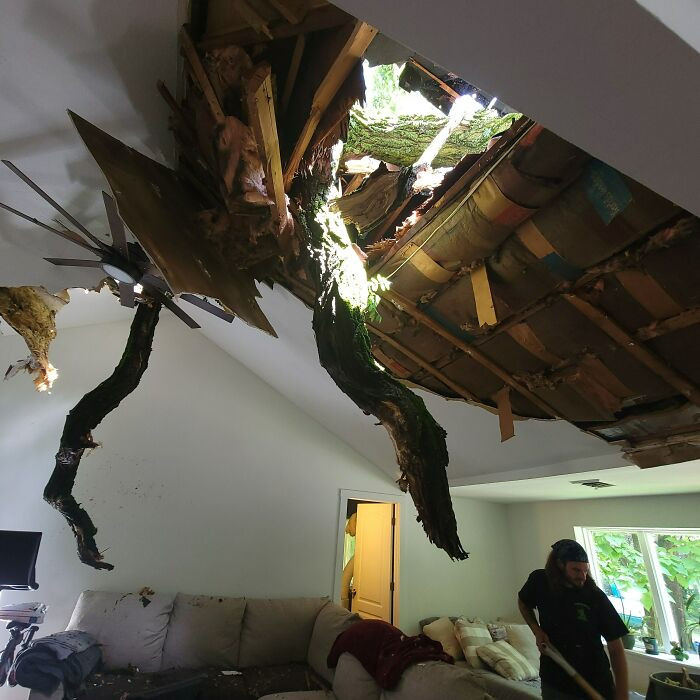 Bloomshockalocka
Bloomshockalocka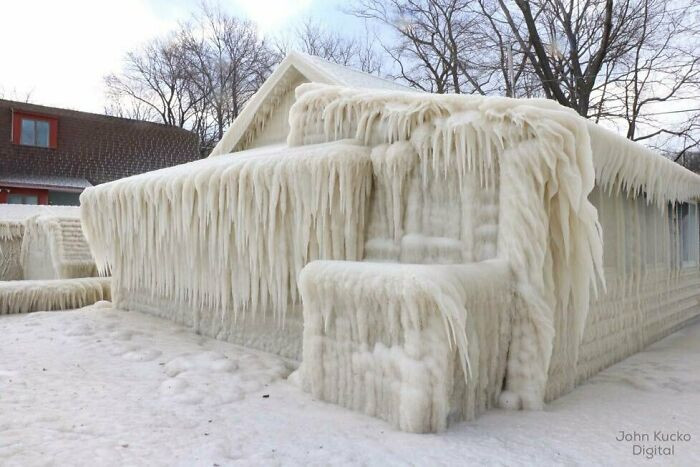 jjlew080
jjlew080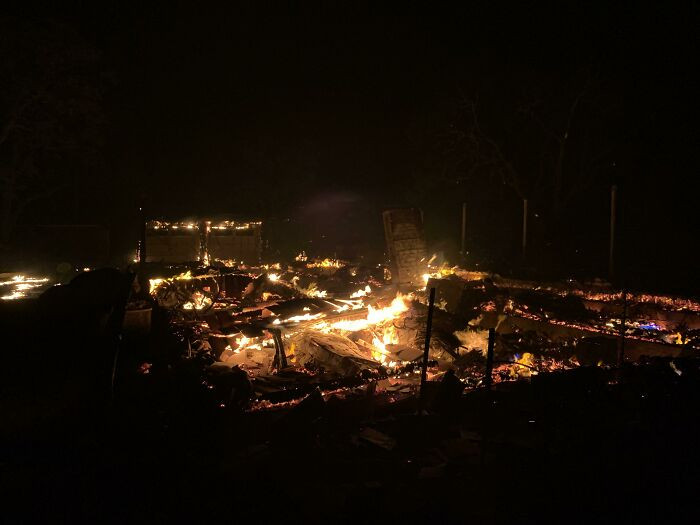 deChoochifer
deChoochifer
The meteorologist says that several reasons make us all believe that extreme weather is more frequent now.
“The first is that everyone has a camera with them at all times in order to capture intense images of extreme weather. The second reason is that we disseminate information more and more widely every day through traditional media, new media, and social media.”
“Yet another reason we capture more frequent extreme weather is because we are building large cities in places that experience extreme weather events like hurricanes, for example. Miami had a population of 300 people 125 years ago, and now it encompasses a megalopolis of over 6,000,000 people. Wouldn’t more people experience hurricanes if we build large cities in a hurricane zone?”
Rob explained: "We build homes in river flood plains, construct dams, levies, and other unnatural barriers in locations that are naturally meant to flood. Sometimes 'human nature is no match for Mother Nature, and she reclaims what is rightfully hers. Of course, the final reason is that we may very well be seeing more frequent and more extreme Weather, but the cumulative observational evidence is not yet clear."
"Climate is a long-term average of the weather, and we simply need more data on a multidecadal time scale," the meteorologist added. "Climate scientists still expect that as our world continues to warm, we will experience more extreme weather… sometimes more extreme in intensity, sometimes more extreme in frequency, and sometimes both."
Rob concluded that "Weather is our world's way of redistributing solar energy trapped inside of our atmosphere. The more energy that is trapped by rising levels of greenhouse gases, the more redistribution our atmosphere needs to do in order to try and reach equilibrium."
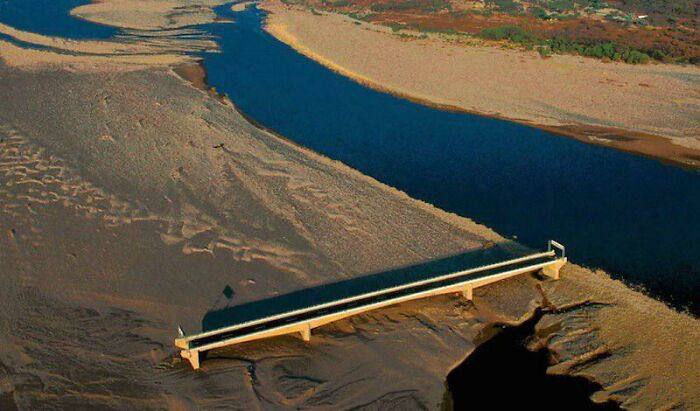 heckenyaax
heckenyaax
 hsangnaes
hsangnaes
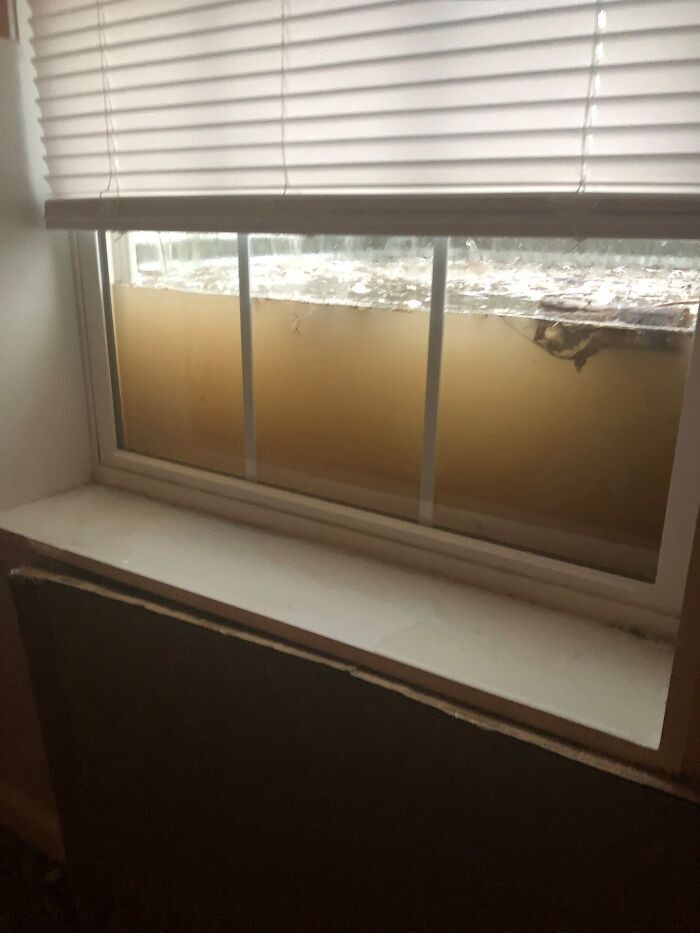 dbcannon
dbcannon
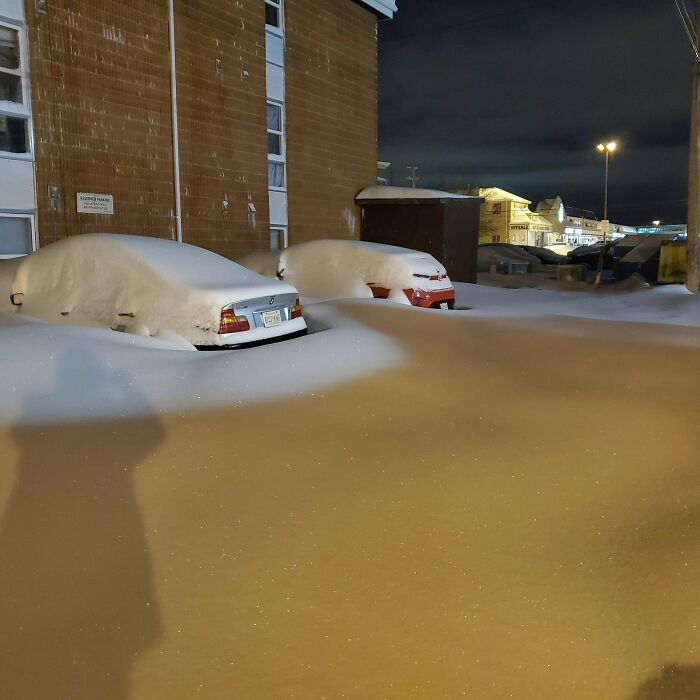 fiesel21
fiesel21
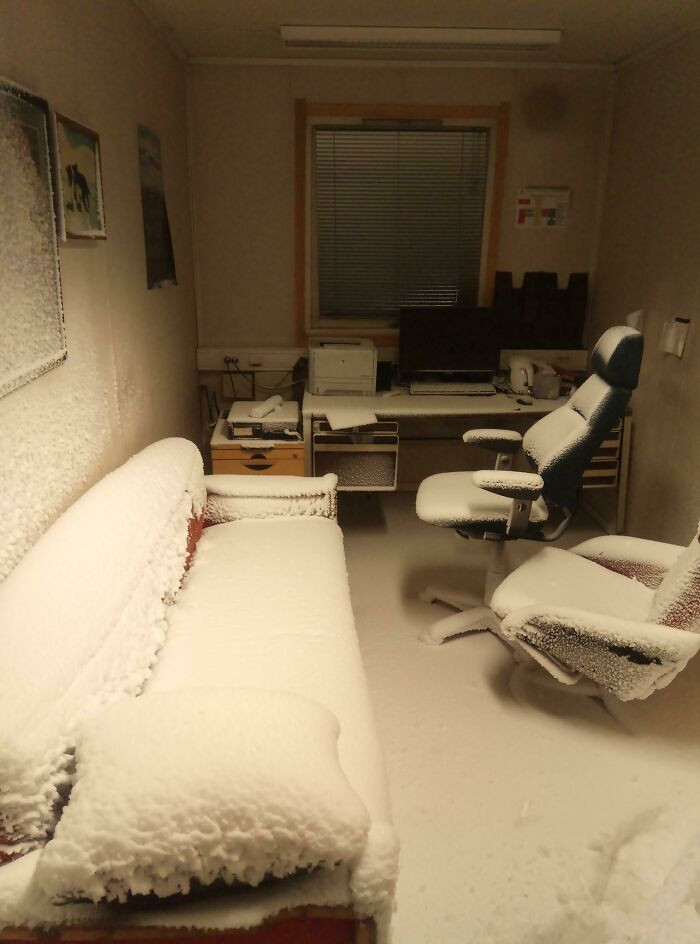 Kjakan
Kjakan
 bobathehut
bobathehut
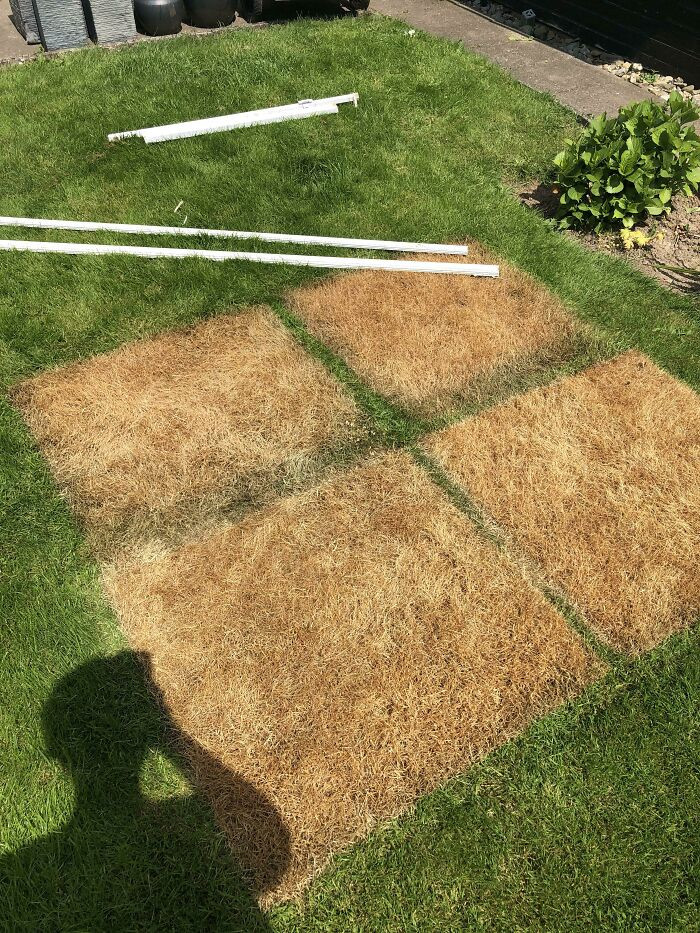 YumLoopYT
YumLoopYT
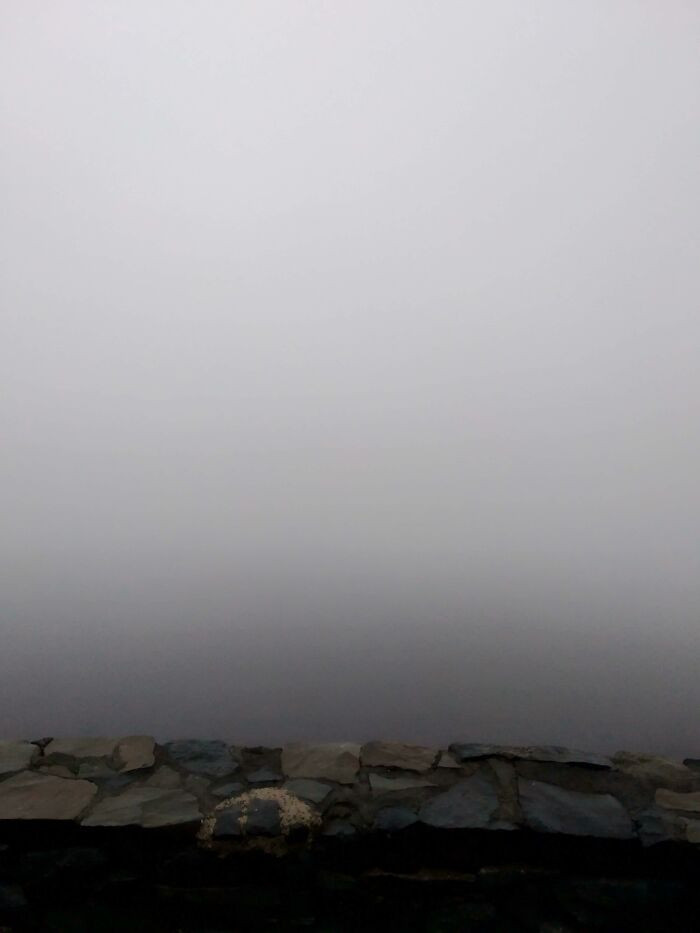 bradp36
bradp36
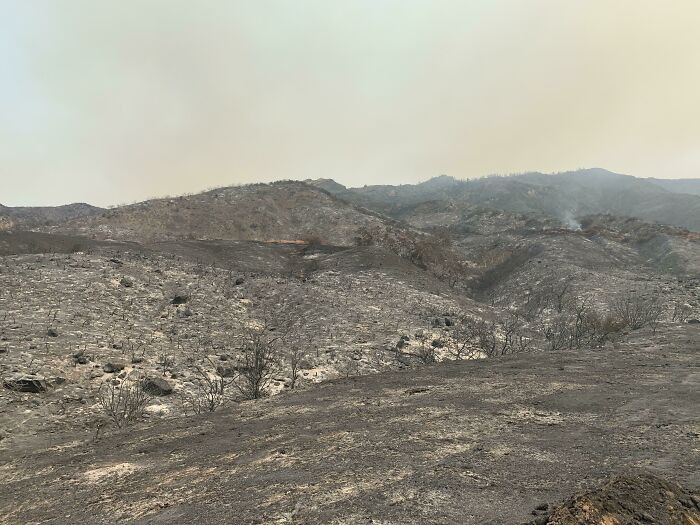 bwaddd
bwaddd
 lol62056
lol62056
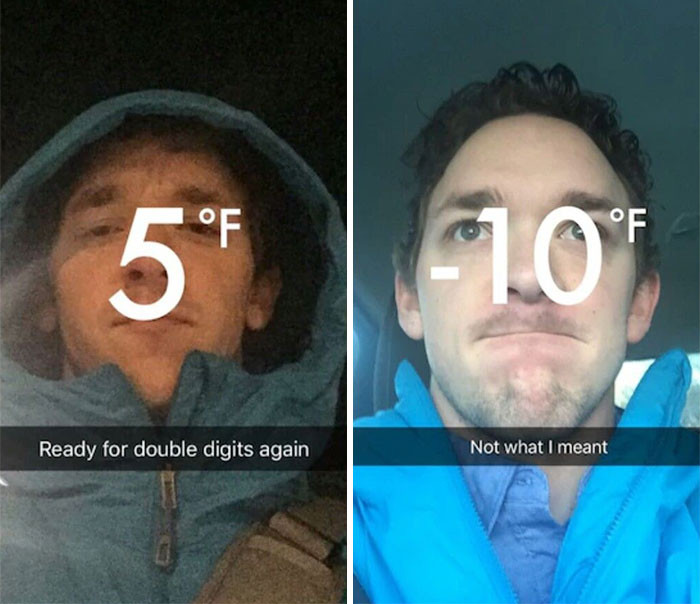 Zoower
Zoower
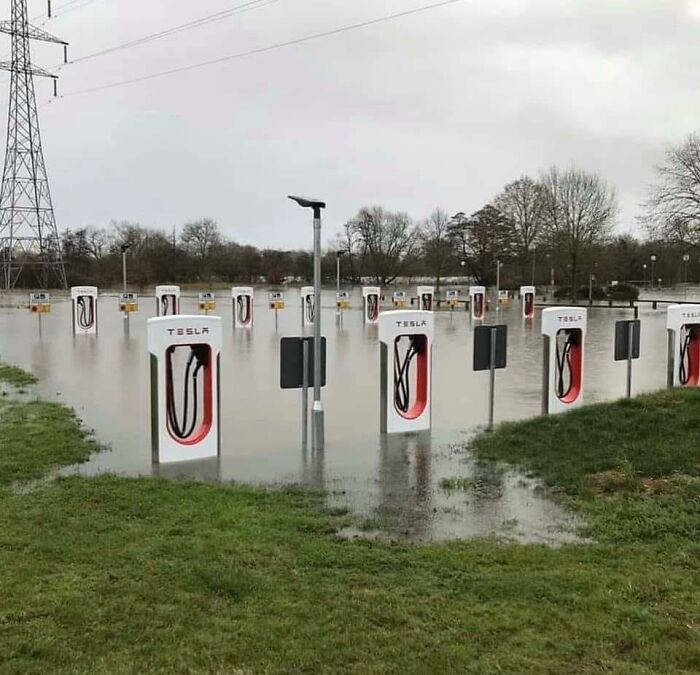 Xplosiv27
Xplosiv27
 lol62056
lol62056
 sleepyhead242
sleepyhead242
 ShoreSWBF
ShoreSWBF
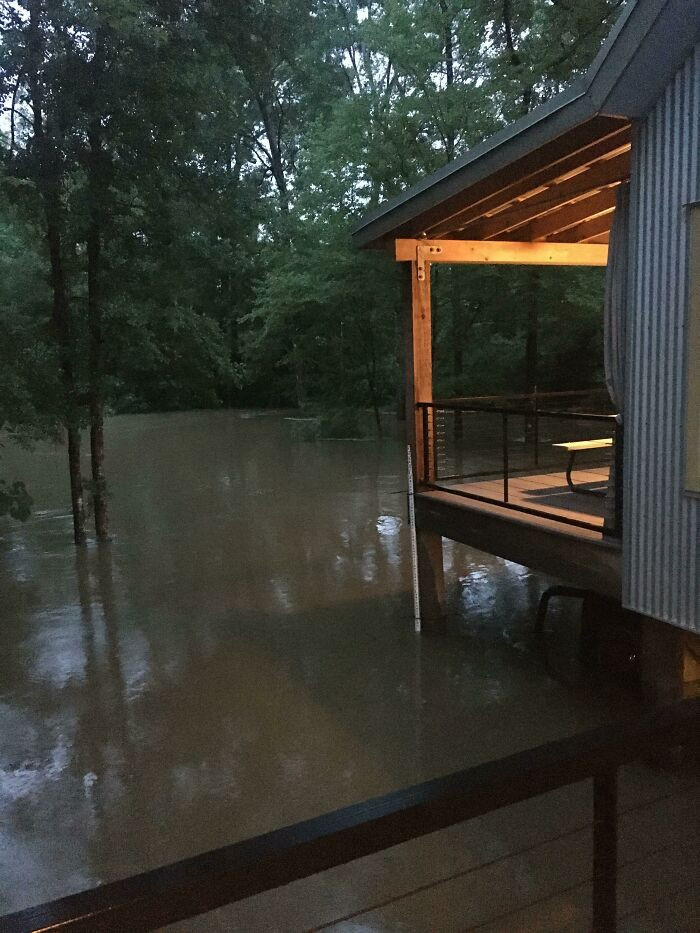 glueall215
glueall215
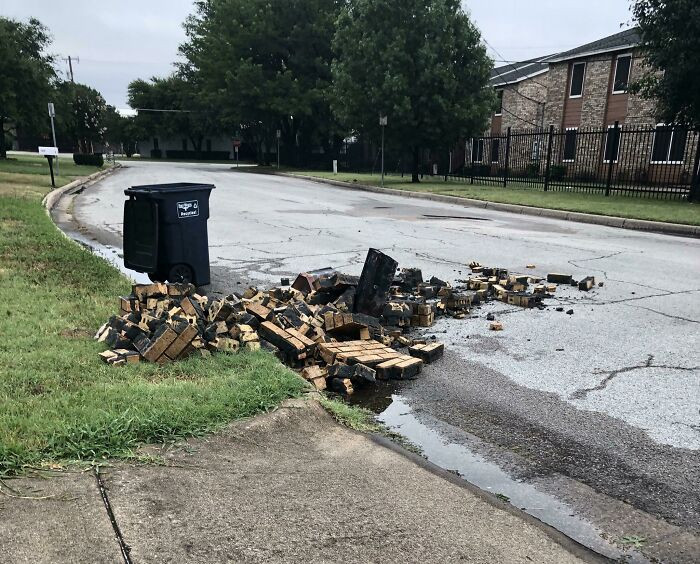 bytorthesnowdog
bytorthesnowdog
 geek_fest
geek_fest
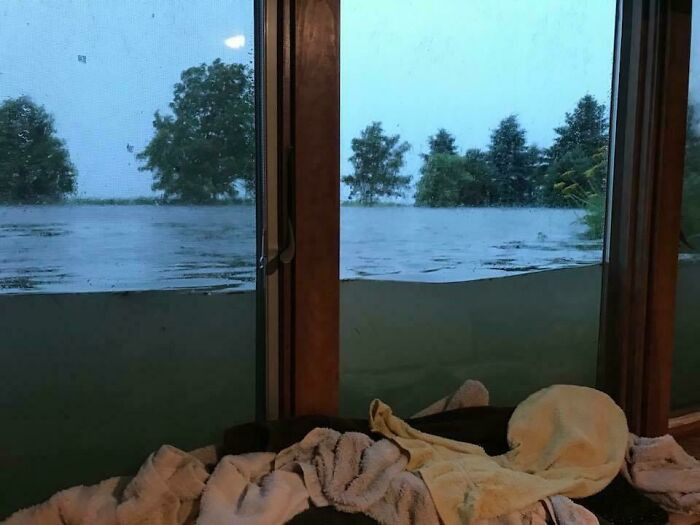 TomDobbs4Pres
TomDobbs4Pres
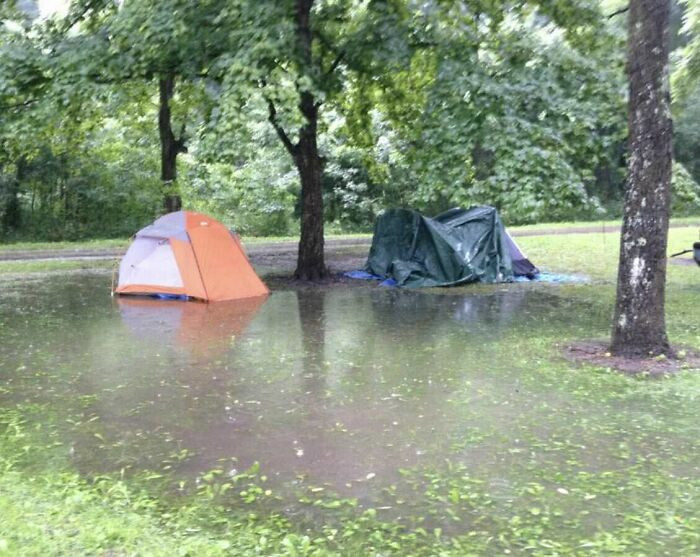 King_Baboon
King_Baboon
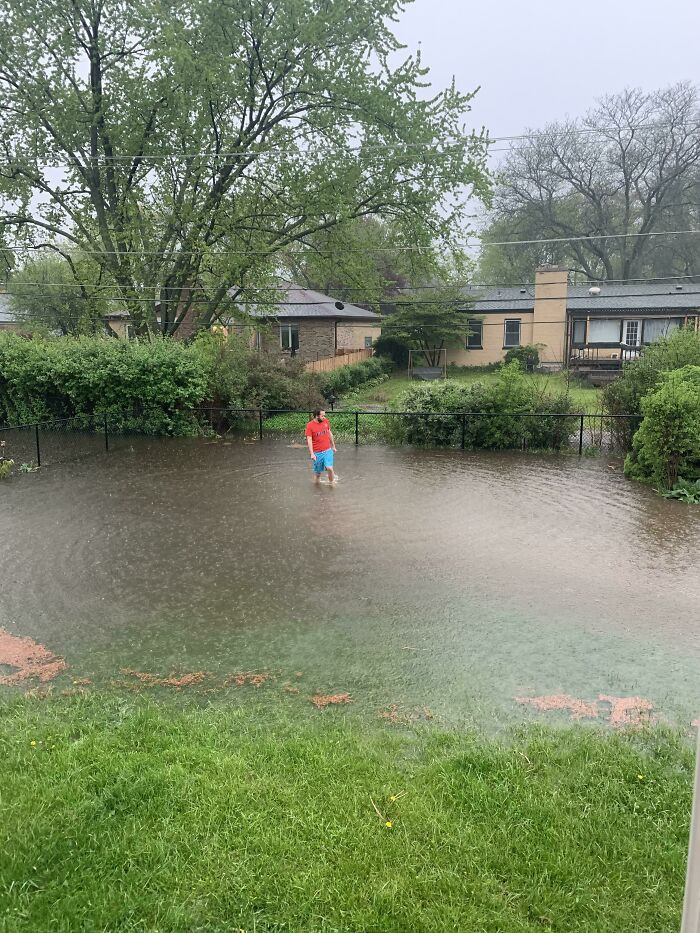 Queenofthebootystank
Queenofthebootystank
 kcgrace11
kcgrace11
 MomButtsDriveMeNuts
MomButtsDriveMeNuts
 chantillylace9
chantillylace9
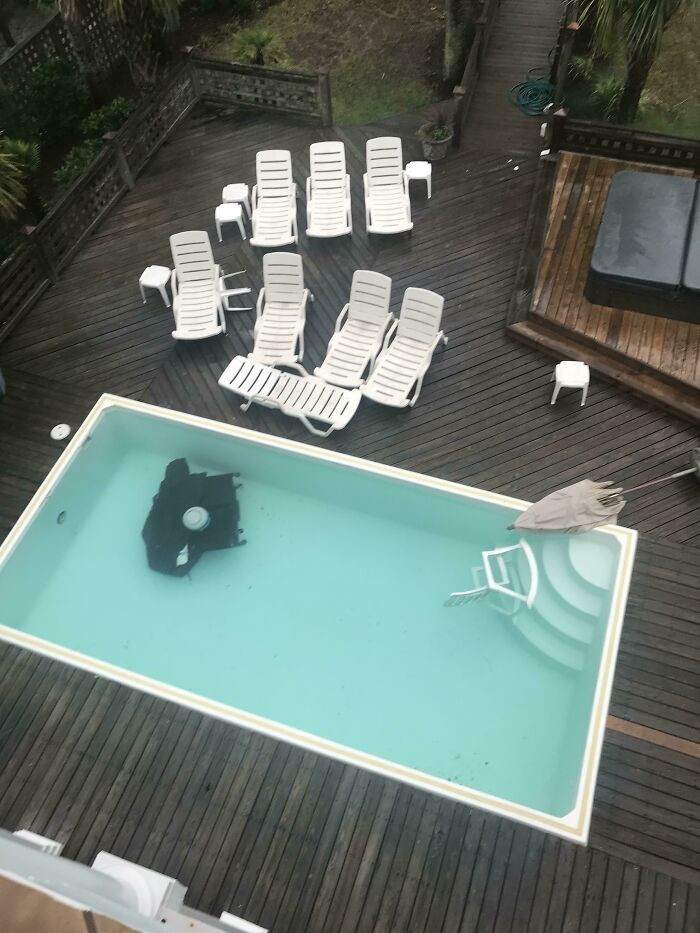 sleepybuddha44
sleepybuddha44
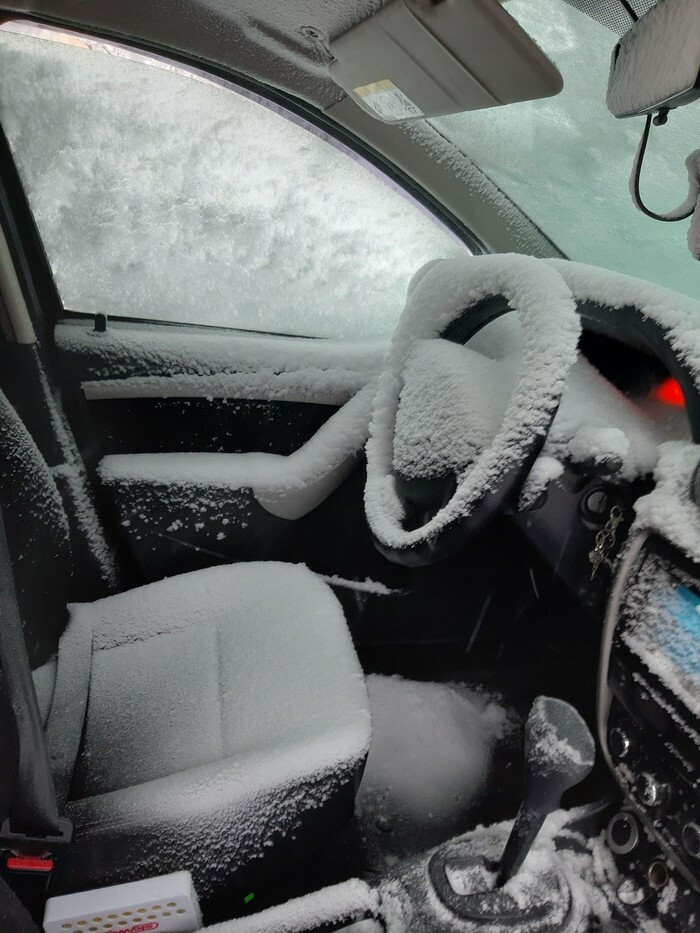 Palifaith
Palifaith
 xbumblebee
xbumblebee
 basshead541
basshead541
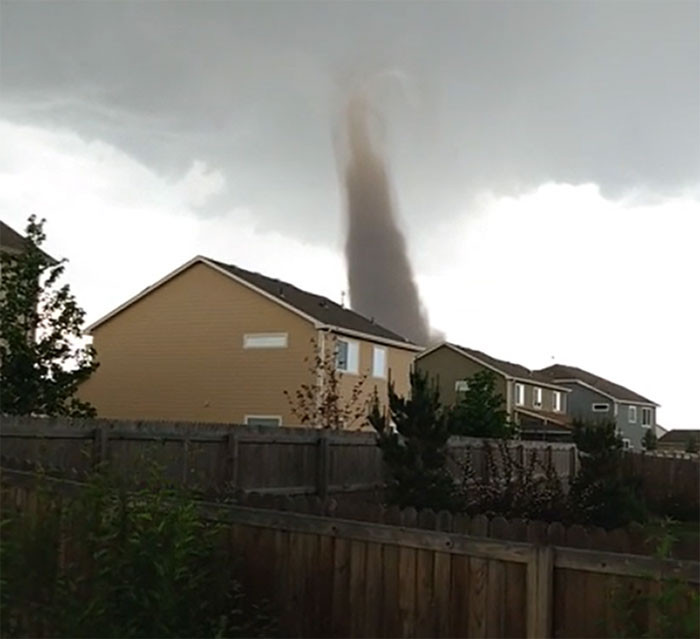 CastleOfBravo
CastleOfBravo
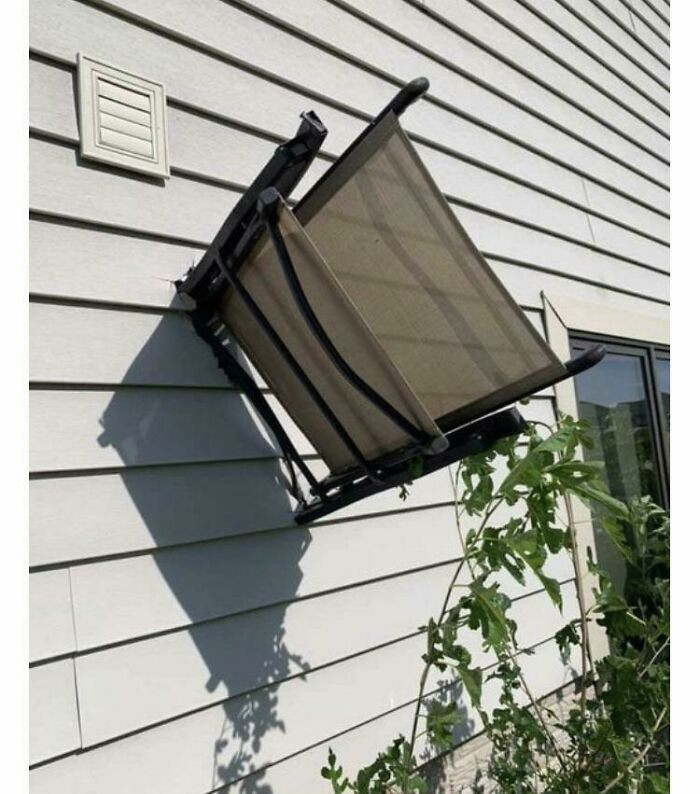 johntaylorsbangs
johntaylorsbangs
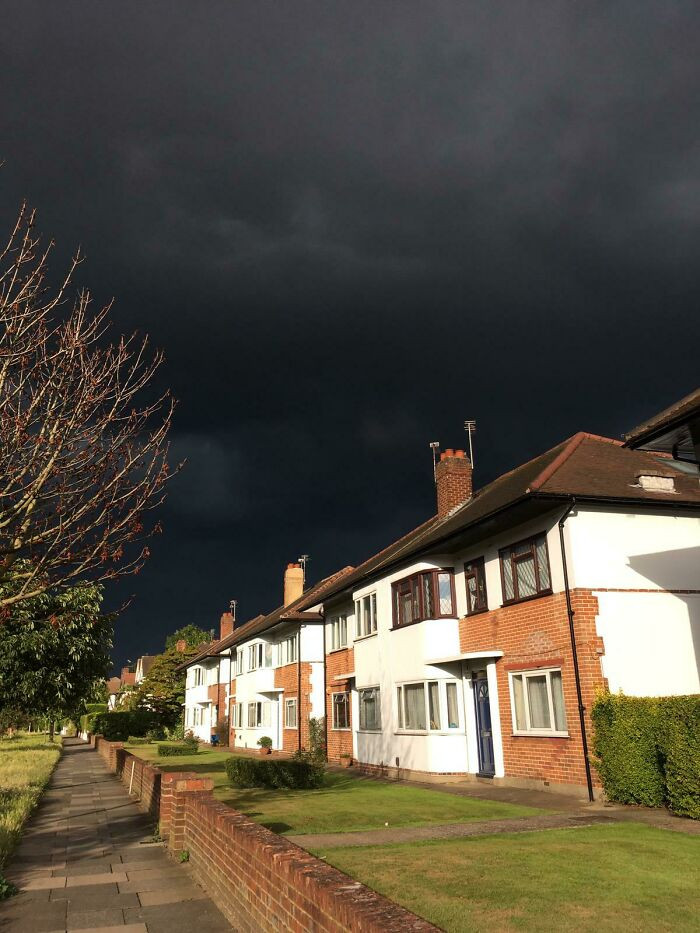 Naggers123
Naggers123
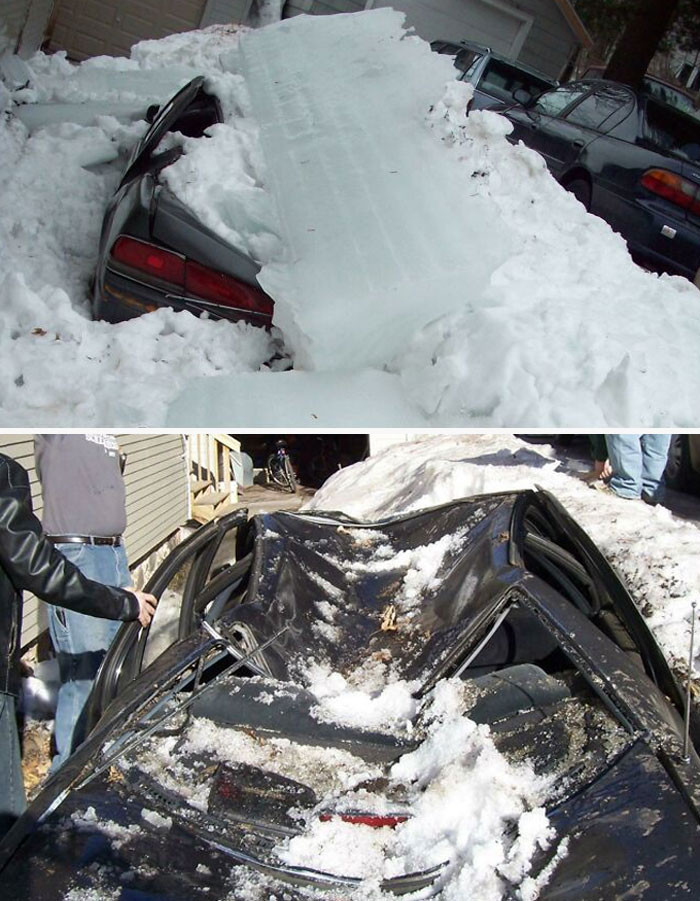 mikemike26
mikemike26
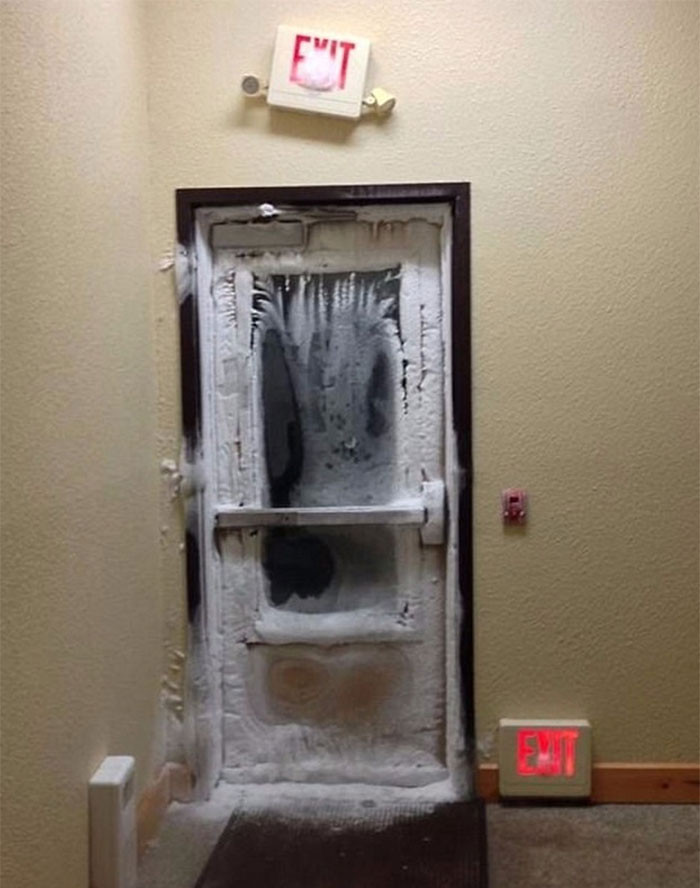 LeKiipe
LeKiipe
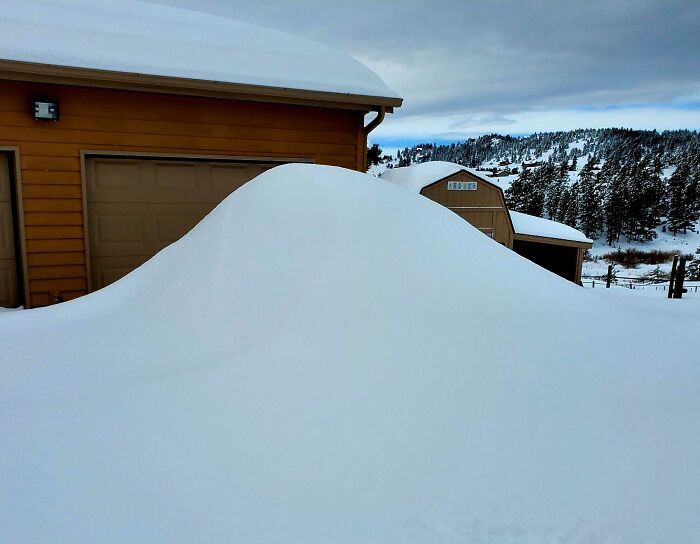 Whisky4Breakfast
Whisky4Breakfast
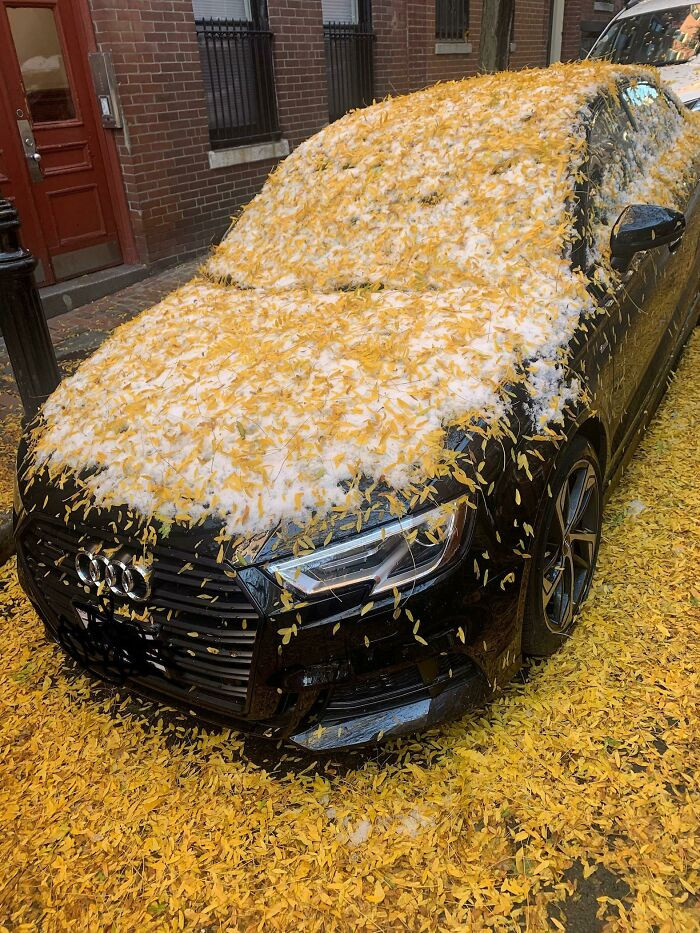 puernosapien
puernosapien
 iweirdness
iweirdness
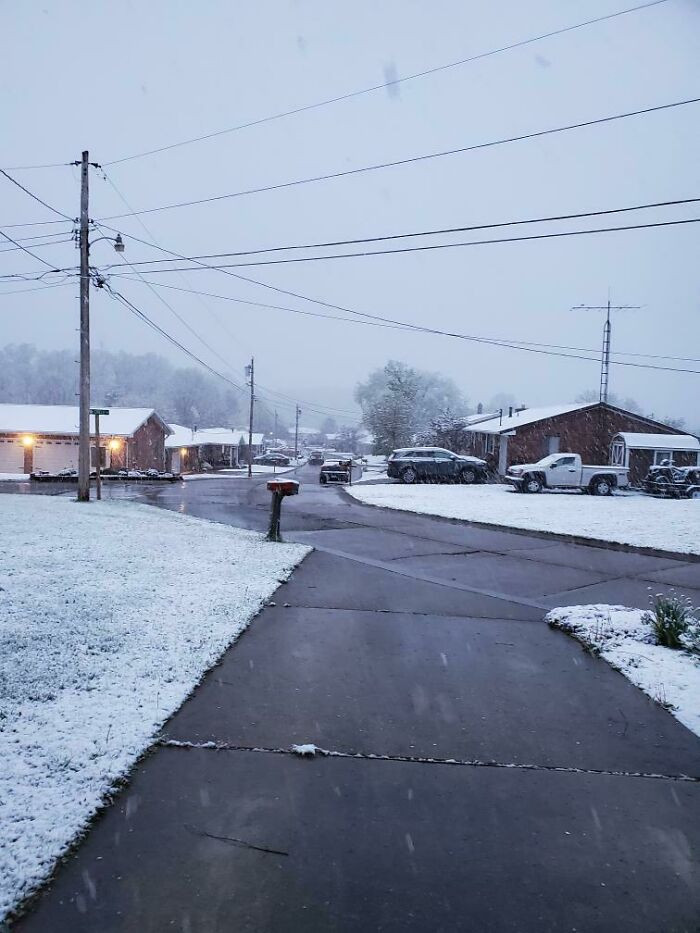 PhatedGaming
PhatedGaming





